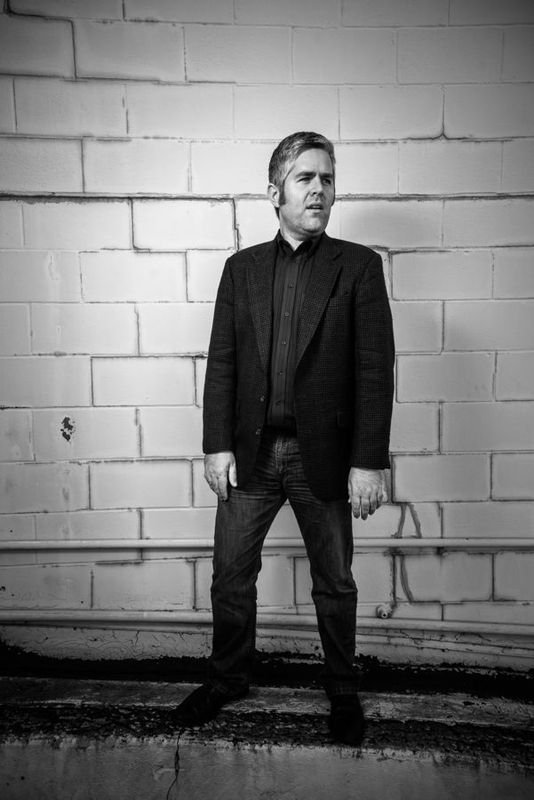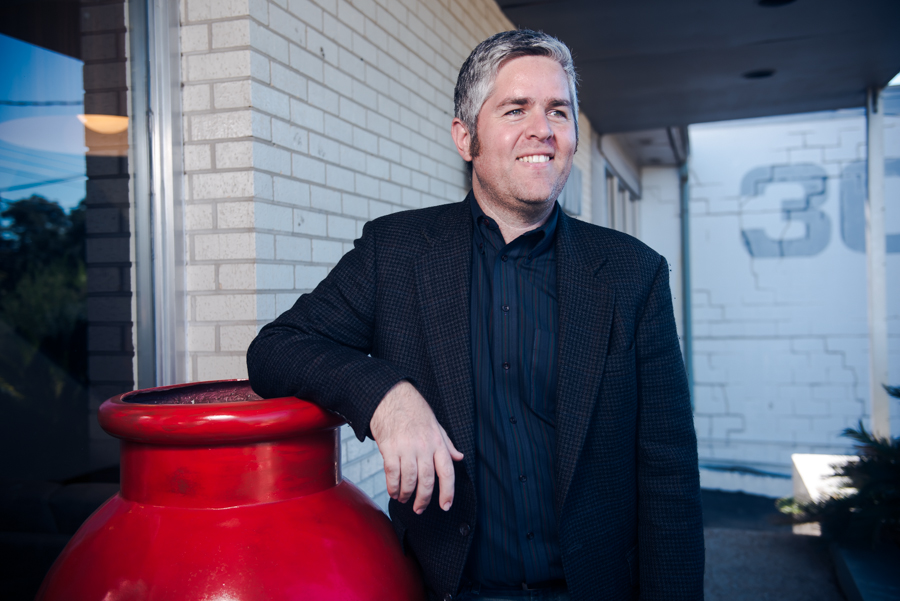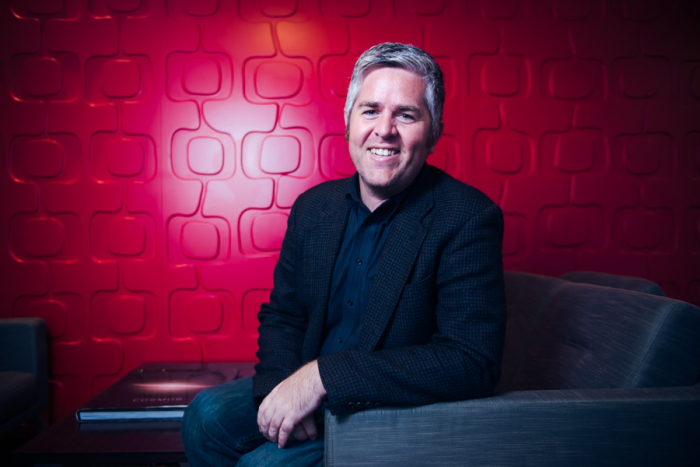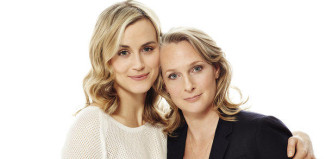How do you convince disenfranchised, apathetic or cynical citizens that their vote actually matters? Jimmy Flannigan, an openly gay candidate for Austin City Council in District 6, brings a wider perspective to that mentality than simply who wins the November 4 election.
The long-time resident of northwest Austin and small-business owner dove into community activism shortly after moving to the city from San Antonio in 1997 to attend UT. The launch of his website business led him to join the Austin Gay and Lesbian Chamber of Commerce. Within two years, Flannigan was on the board, and served two stints as its president before resigning in April to run for office. His community leadership also includes serving on the Austin Chamber Transportation Committee and co-founding the Northwest Austin Coalition.
Flannigan holds a BBA in Management Information Systems from UT and an MBA in e-Business from the University of Phoenix.

Photography by Devaki Knowles
This is a historic election for Austin, given that we are voting for the first time to elect council by district. Why is it important for the LGBT community in particular to vote?
It’s important for everyone to vote. Period. When you are a member of an underrepresented minority, it’s even more incumbent upon you to show up to the polls and have your voice be heard. There are 78 people running for mayor and city council, and only two of us openly LGBT. That’s not OK. We are not only underrepresented in our elected officials, but we are underrepresented in our candidates. But if our community won’t even show up for the polls, why would any elected official listen to what our community needs? We have to show our strength through our voice, and the way you do that in government is you show up to vote.
There’s this mindset with some people that as a voter your one voice doesn’t really matter. It’s not even a drop in the bucket. How do you respond to that?
When you’re talking about local races—and there’s nothing more local than city council—every vote absolutely maters. There are some districts where there may be just a couple of thousand votes total [due to] low turnout and because city council is a nonpartisan race. If you vote straight ticket, it doesn’t register a vote for mayor or city council.
Even if your candidate doesn’t win, the fact that your candidate received as many votes as they did plays into the politics of government. So if the guy you don’t like wins by 65 percent versus 50.1 percent, it completely changes the dynamics of how he governs.
And what you’re talking about [voting] is such an easy thing to do. It is so easy to swing by the polls on the way to work, go in for two minutes, click 10 to 15 names on the ballot, and go on with your day wearing your “I Voted” sticker. There are some parts of the country where people are waiting in line hours to vote. We don’t have to do that. We are very fortunate that our right to vote is being supported in this city.
What is at stake in this election?
What we’re looking at under geographic representation is not just a diverse set of voices but which parts of town are going to be engaged. The turnout is absolutely critical. If we don’t get out and vote, the mayor won’t care about what we’re talking about. I think there will be a lot of mayor-driven agenda decisions being made, and you have to make sure your part of town is on the agenda. You get on the agenda by having high voter turnout.

Photography by Devaki Knowles
What specific LGBT issues does the city council deal with?
Austin fought a lot of those LGBT-related issues in the 90s, and won them. We have non-discrimination ordinances. We have domestic partner benefits for city employees. There are a couple of challenges remaining in terms of city contracting, supplier diversity, transgender accessibility. Transgender rights at the city level are still in flux.
What we’re really talking about is what this city does, not to protect your rights, but to support your community. I think there’s something to be said for making sure your community has a voice in the conversation, but more importantly we want every decision to really represent what the city wants—not just geographically but culturally and ethnically.
How much has your being openly gay played into your campaign, if at all?
It’s been in unexpected ways. I have one opponent who has attempted to use my sexuality against me. He brings it up at every opportunity, and all it’s done is driven people to my side.
The voters in my district do not care. It has not been an issue for them, even for people who are traditionally anti-gay. I had this moment with a supporter in May. I’ve been a customer of his for a number of years. I went into the store, and he leans into me and says, “Look, I don’t agree with your lifestyle. I just can’t support it. But can you really fix traffic?” We had a long conversation about my experience on the Austin Chamber Traffic Committee. He said, “OK, but if you get elected, are you just going to do a bunch of gay stuff?” I said, “I don’t know what that means, but frankly I think the biggest challenge facing the gay community right now possibly is traffic.” He said, “All right, I’ll support you, and I’ll tell my friends to support you.” So he took a yard sign.
Who is your political mentor?
I always considered Bettie Naylor to be my mentor. I didn’t get to know her for very long, but those brief moments where I was able to seek her counsel were really phenomenal. To have the back and forth with someone who could easily be classified as a stateswoman was amazing and certainly something aspirational.
Interview by Jana Hunter





































